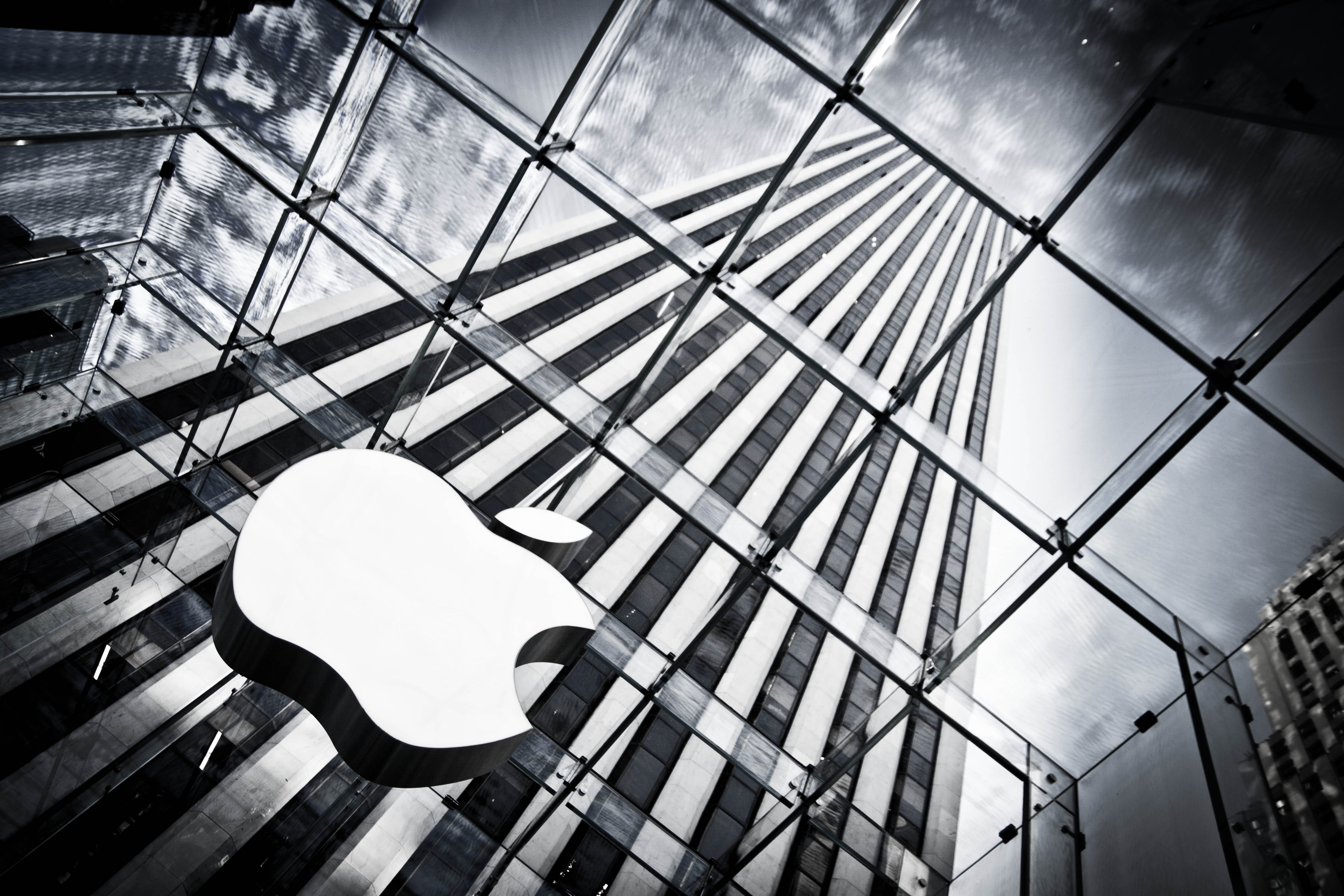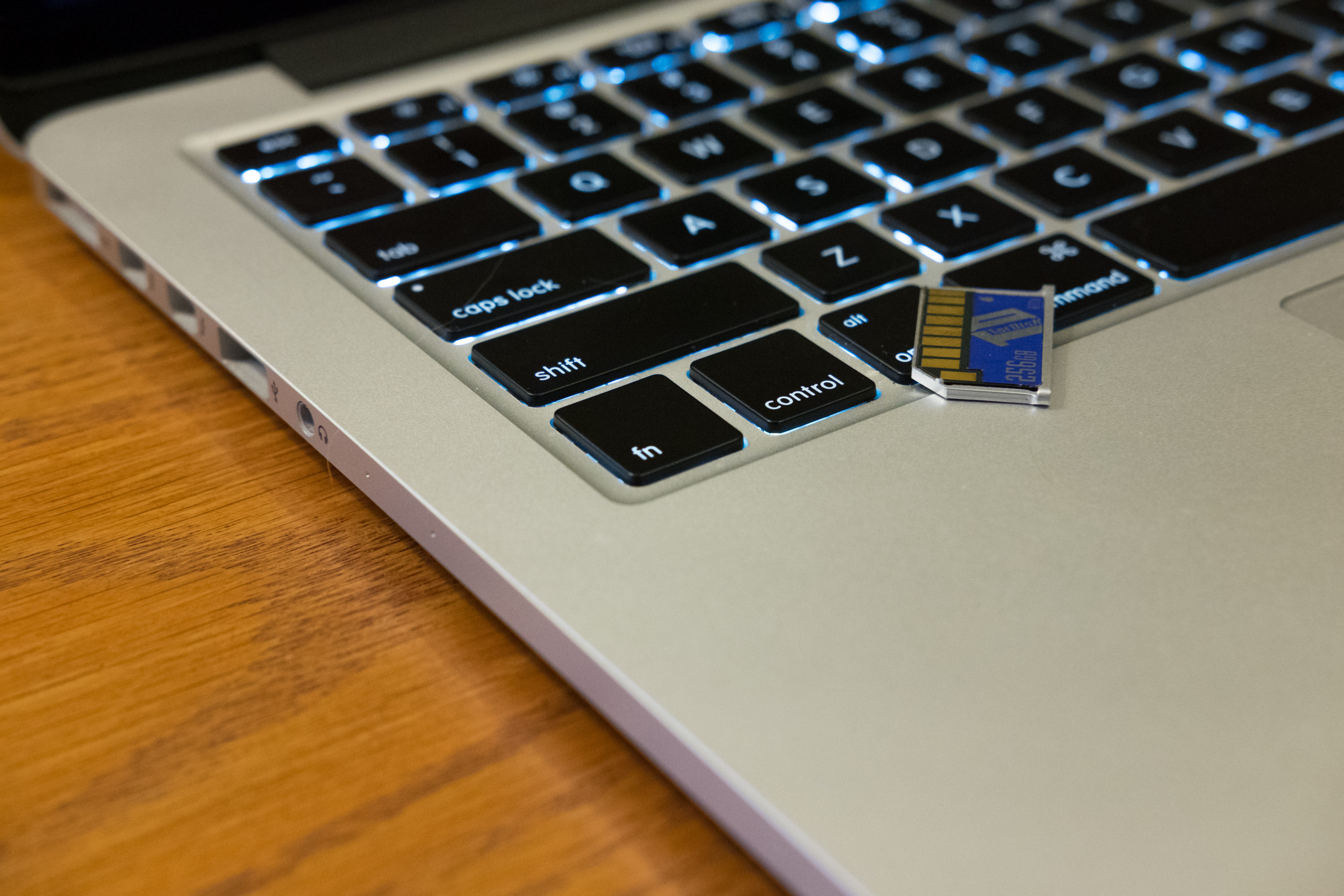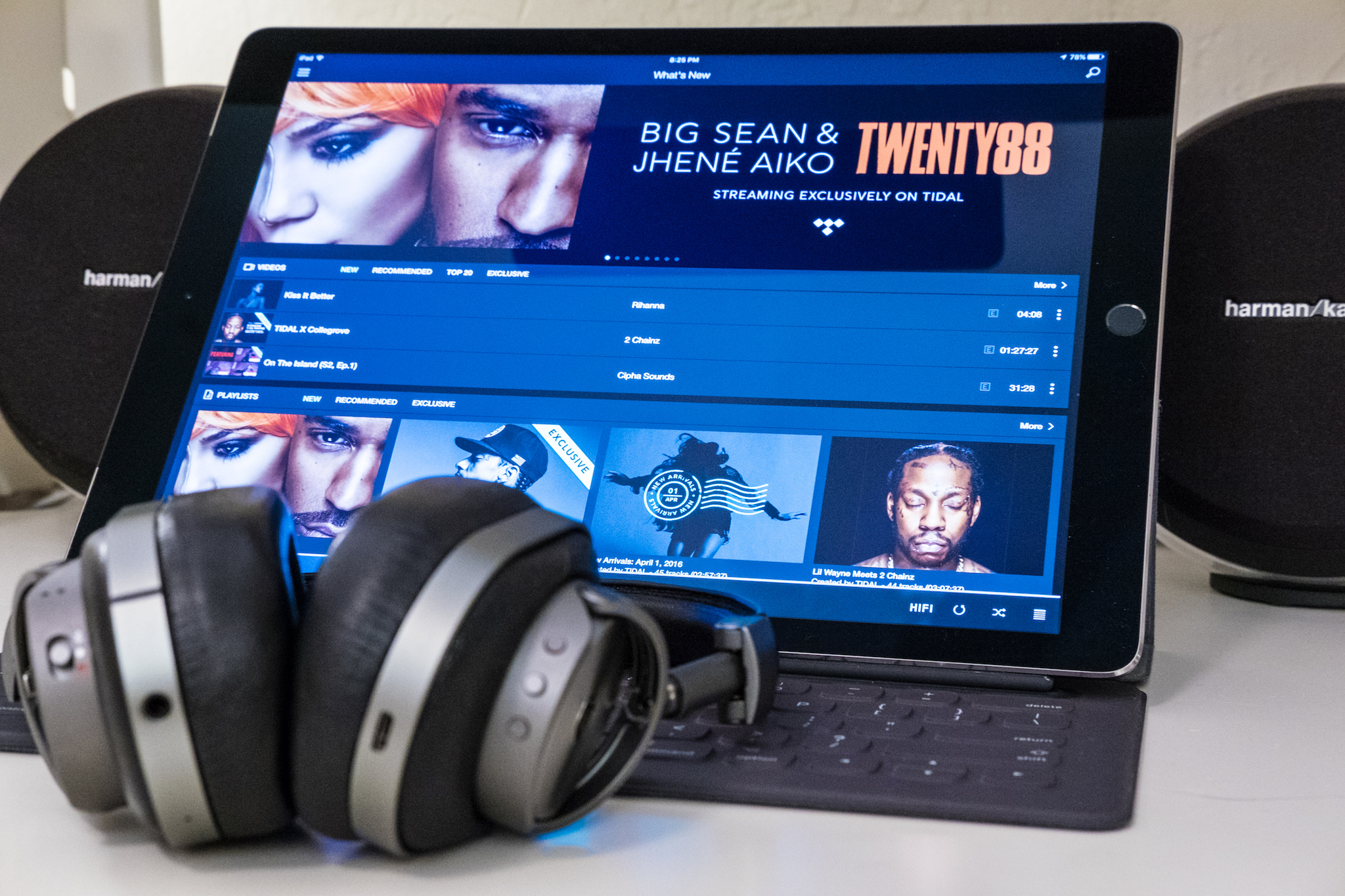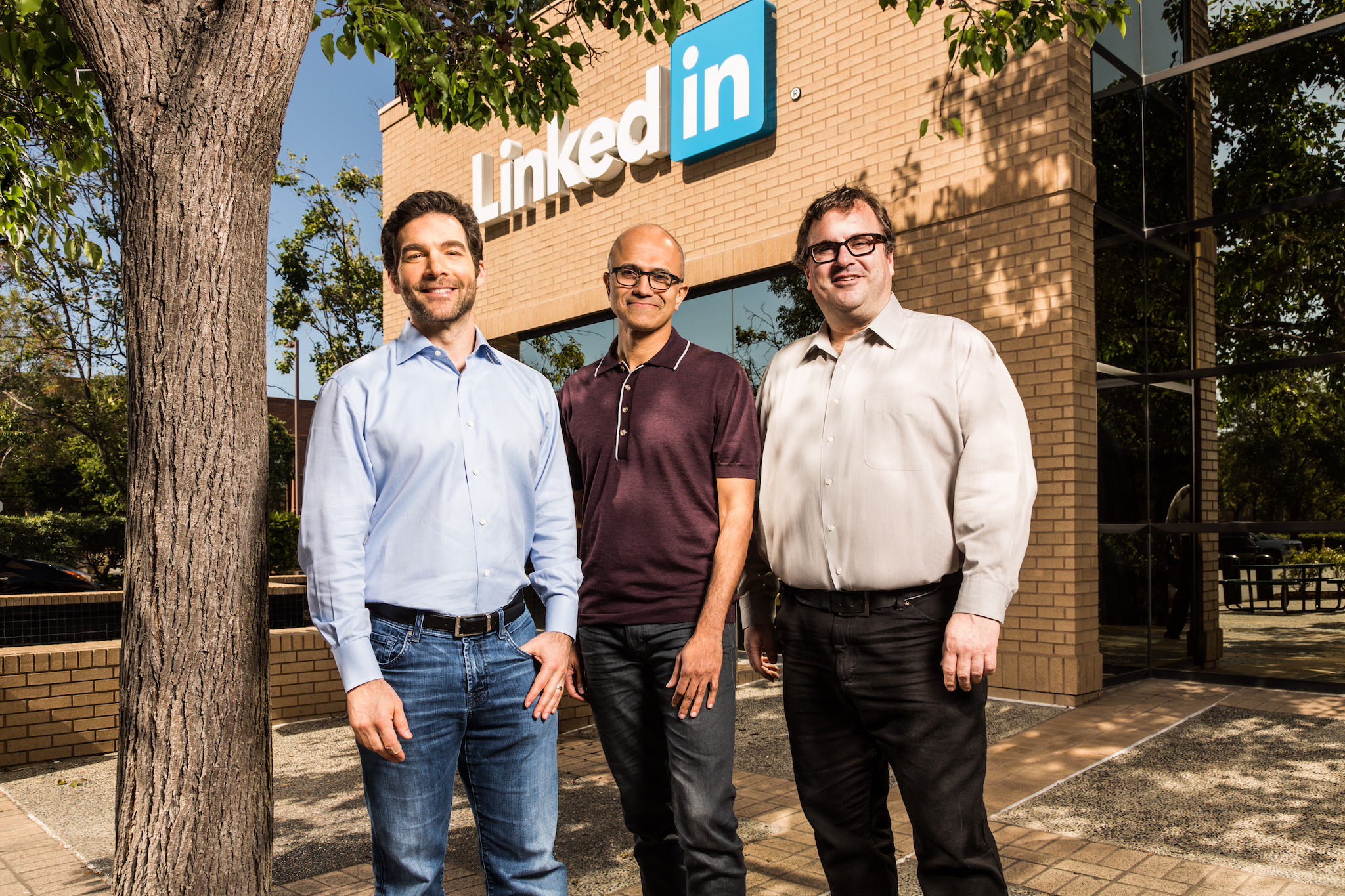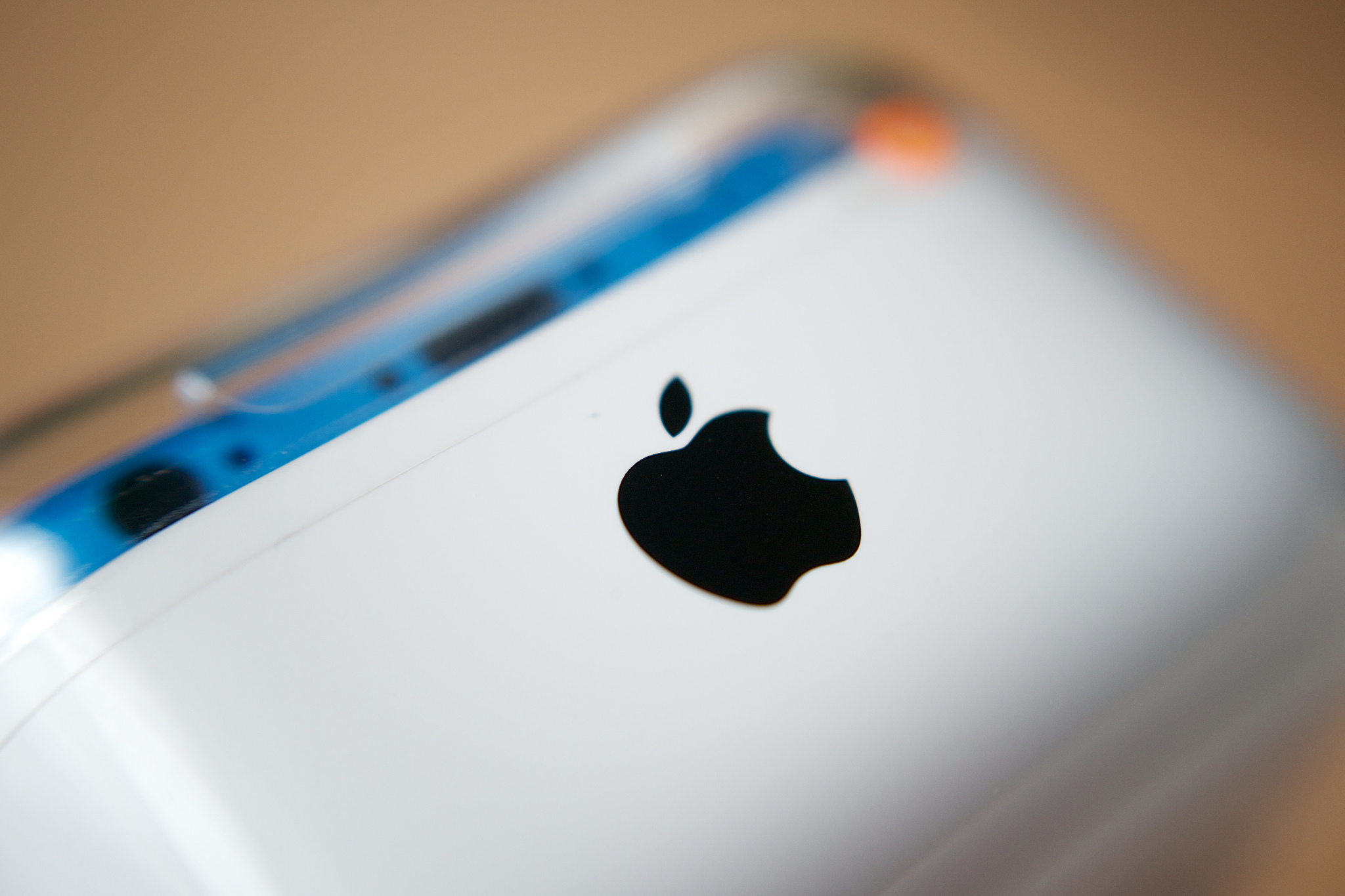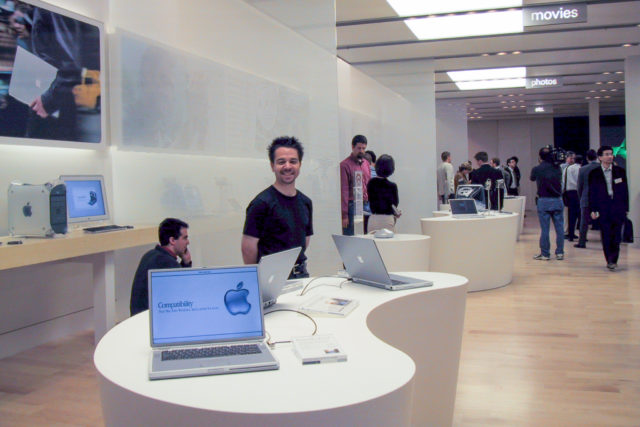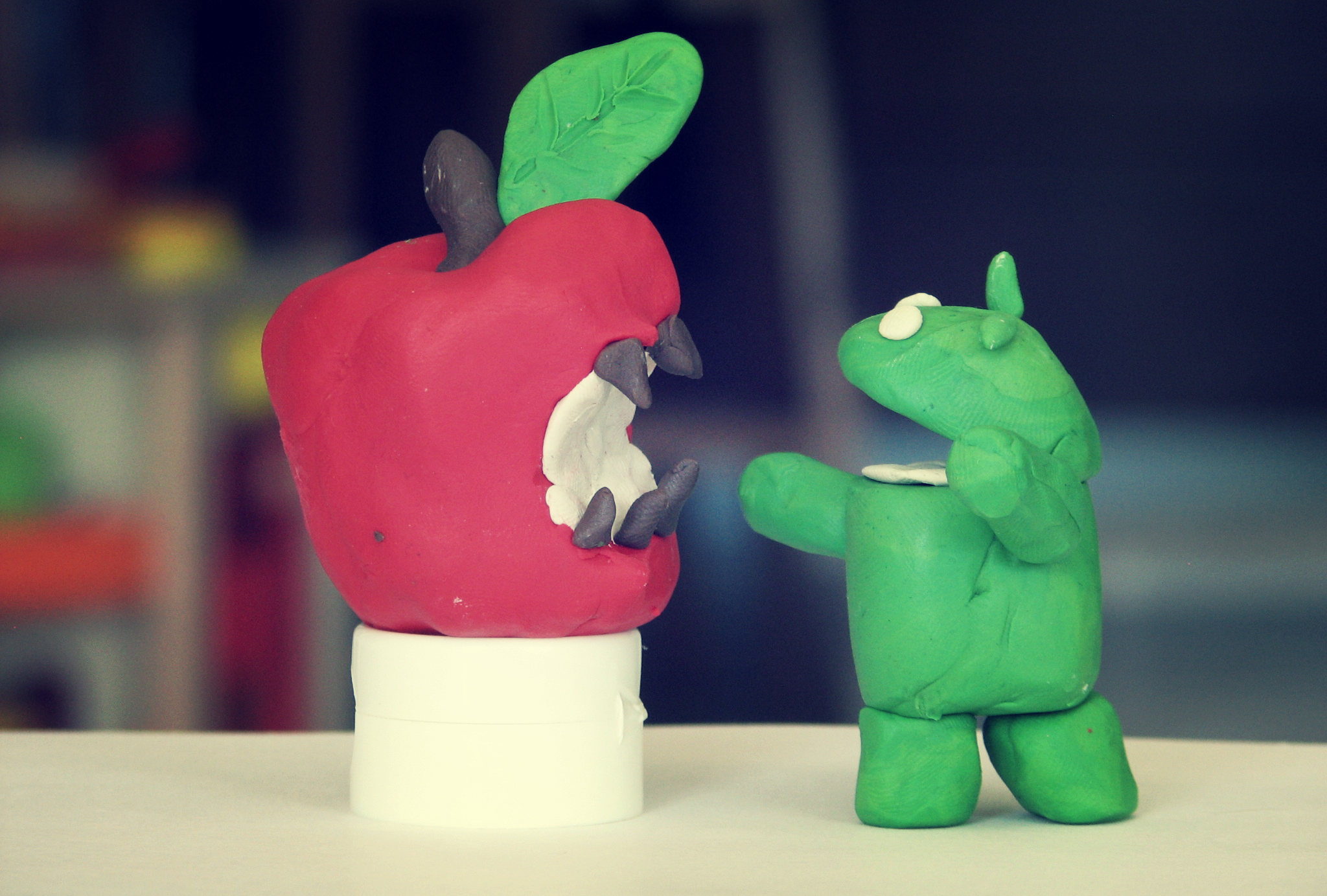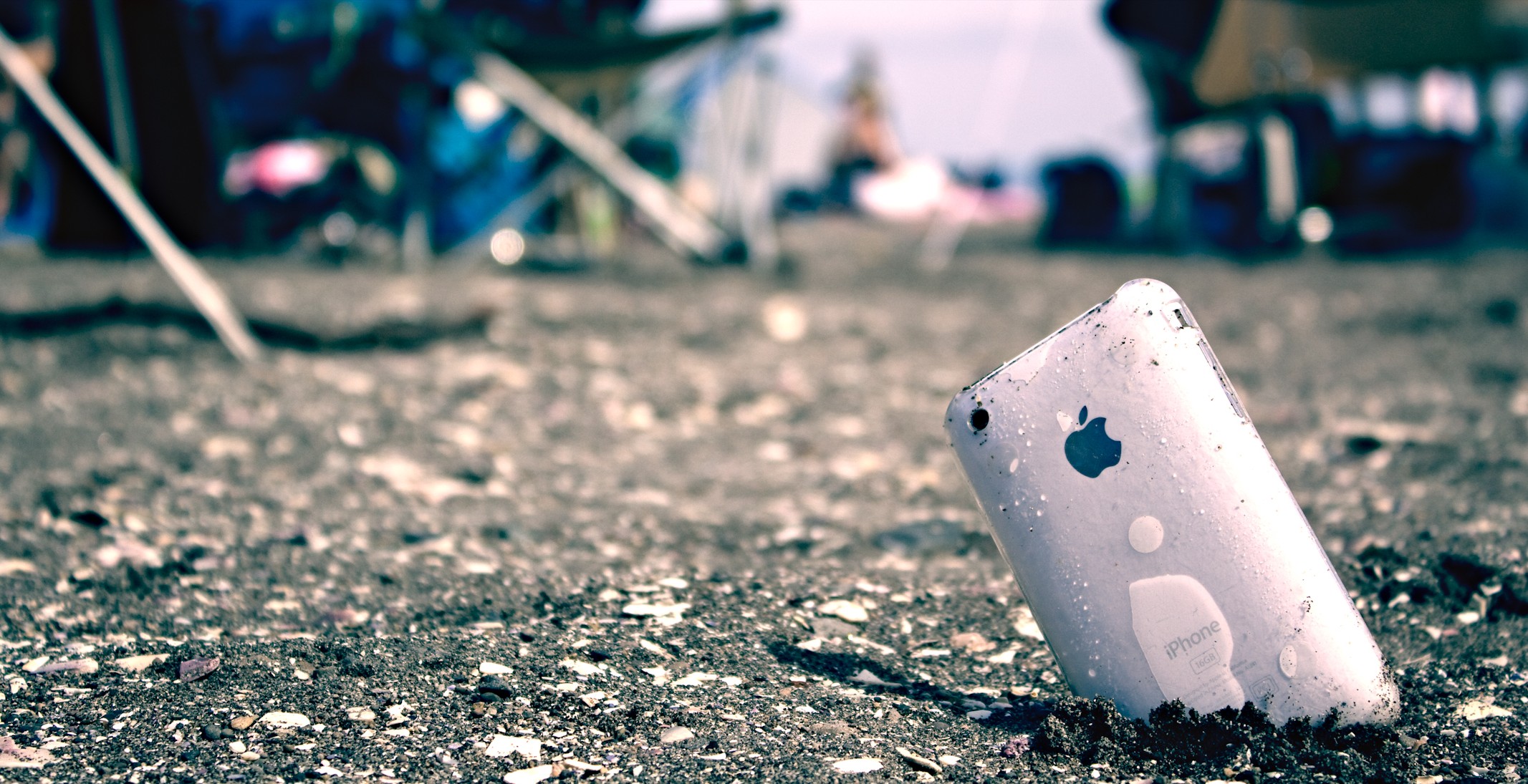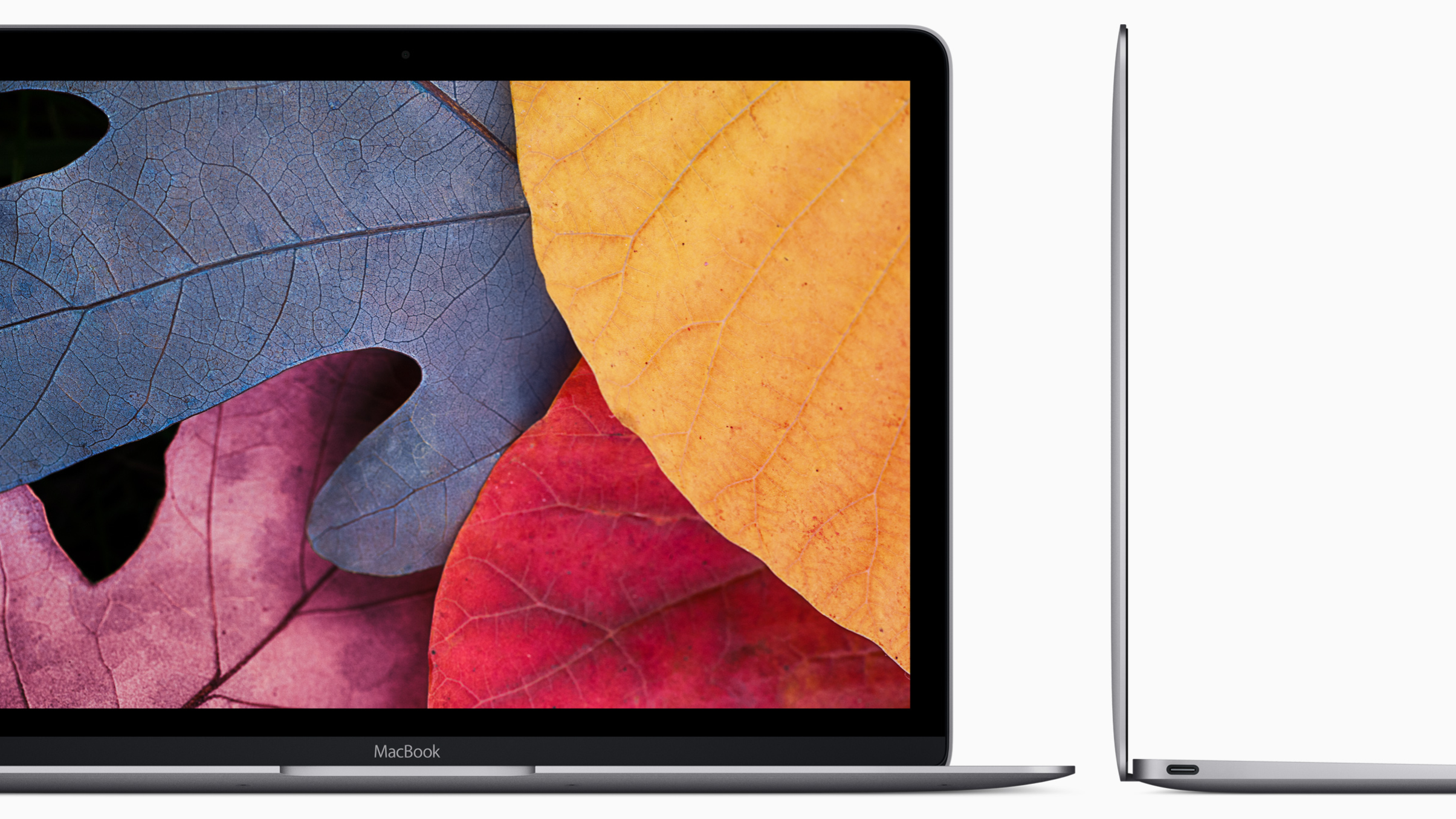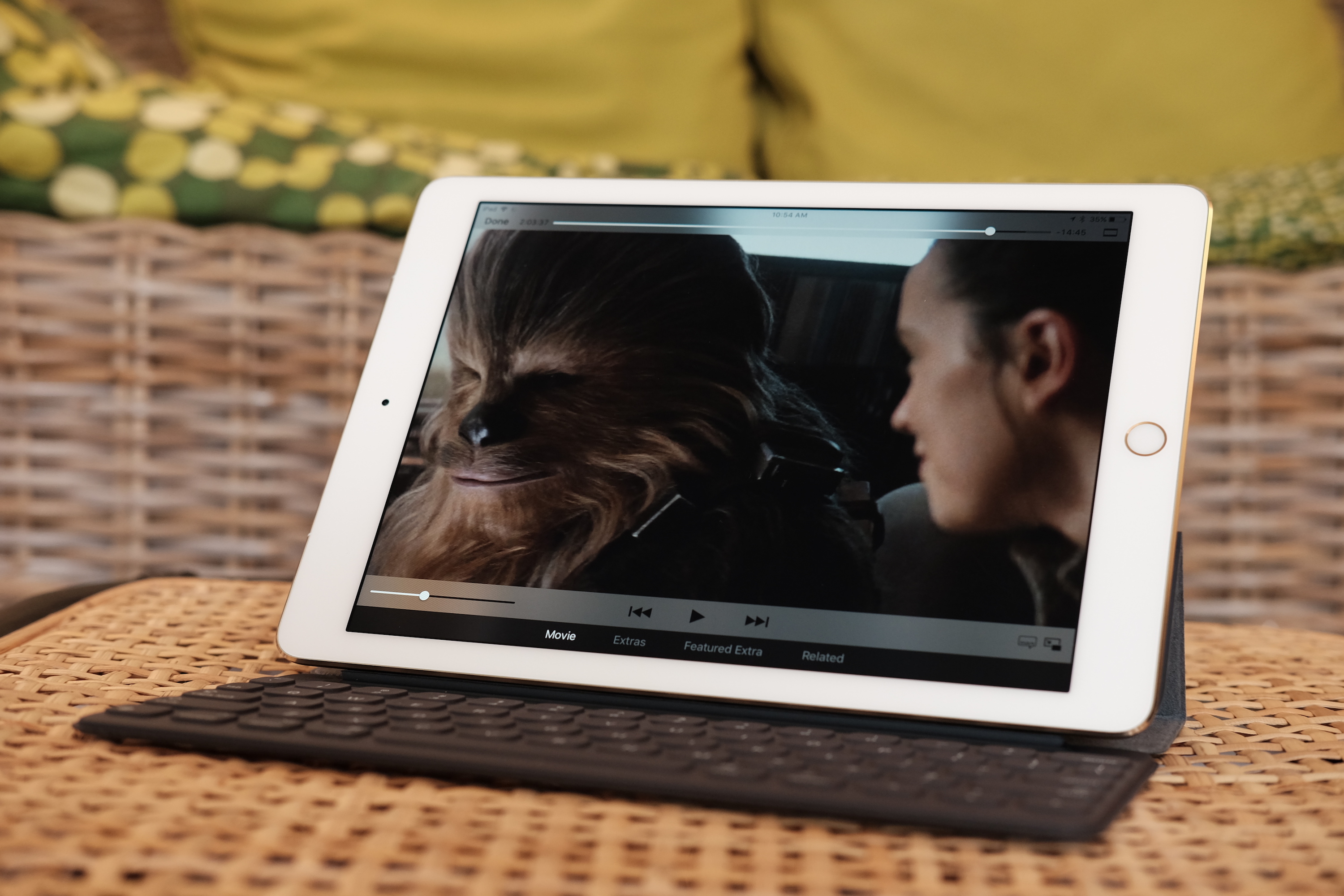Two days before Apple’s next media event, where long-overdue new laptops presumably arrive, the Cupertino, Calif.-based tech giant released fiscal fourth quarter and closed full-year 2016. You could feel the anticipation after the Bell closed on Wall Street today—and, honestly, it had been palpable for weeks. Shares closed $118.25, up .51 percent. As I post, they’re down about 3 percent, after hours.
The drama is a TV thriller: Release of iPhone 7 and 7 Plus set against a backdrop of saturated global smartphone sales; launch of Apple Watch Series 2 into an already declining market for smart timepieces; analyst data showing calendar third quarter to again be bad for PC shipments—with even Macs losing momentum. So everyone wants to know: What was the quarter’s financial crop?
